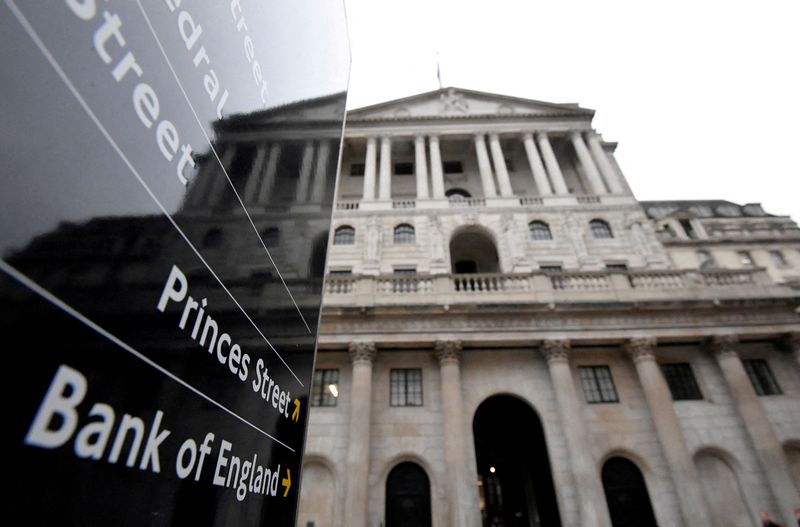By Geoffrey Smith
Investing.com -- The U.K. government's new package of unfunded tax cuts will most likely require higher interest rates, a top Bank of England official said on Wednesday.
The outlook for the U.K. has changed abruptly in the wake of Kwasi Kwarteng's so-called 'mini-budget', Reuters reported the Bank's chief economist Huw Pill as saying, adding that it's "hard not to draw conclusions that we will need (a) significant monetary policy response."
The comments come a day after the worst volatility seen in U.K. foreign exchange and bond markets in over a decade, as investors dumped the pound and U.K. government bonds on fears that Kwarteng's plans would cause inflation and put U.K. public finances on an unsustainable trajectory. The volatility had forced the Bank to issue a statement saying it would tighten monetary policy "as much as necessary" to bring inflation back down to its medium-term target of 2%. At 9.9% in August, it's currently running at nearly five times that target.
Kwarteng had announced the biggest tax cuts in over 50 years on Friday, on top of a package of energy subsidies to households and businesses that are likely to cost some 60 billion pounds over the next six months alone.
The pound was steady after Pill's comments hit the wires, having risen over half a percent in morning trade in London. By 10:00 ET (14:00 GMT), it was at $1.0754, nearly 4 cents above the all-time low it hit on Monday.
However, the yield on the benchmark 10-Year U.K. government bond continued to price in assumptions of higher inflation over the medium term. It rose 12 basis points to 4.37%, its highest since the outbreak of the Great Financial Crisis in 2008. The yield on the more interest-rate sensitive two-year note, which had fallen at the open amid hopes that the market would recover, slid back to its highs of the day at 4.48%.
